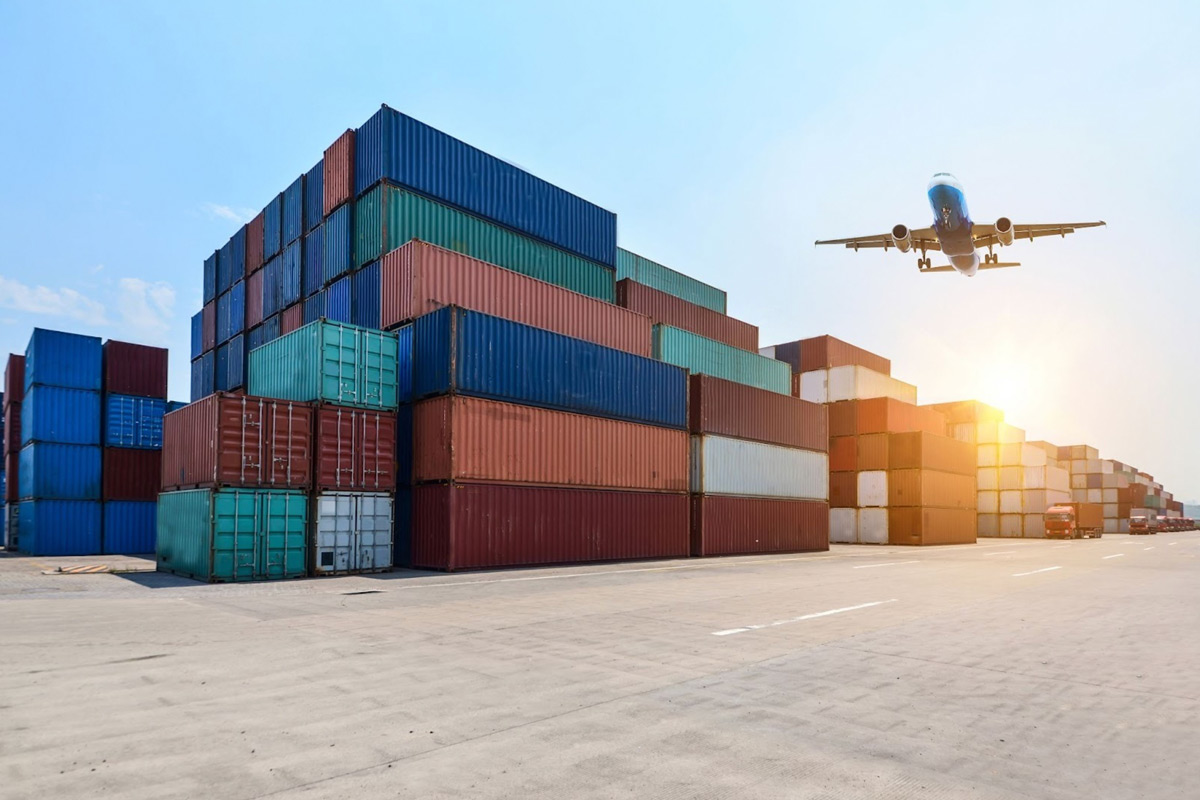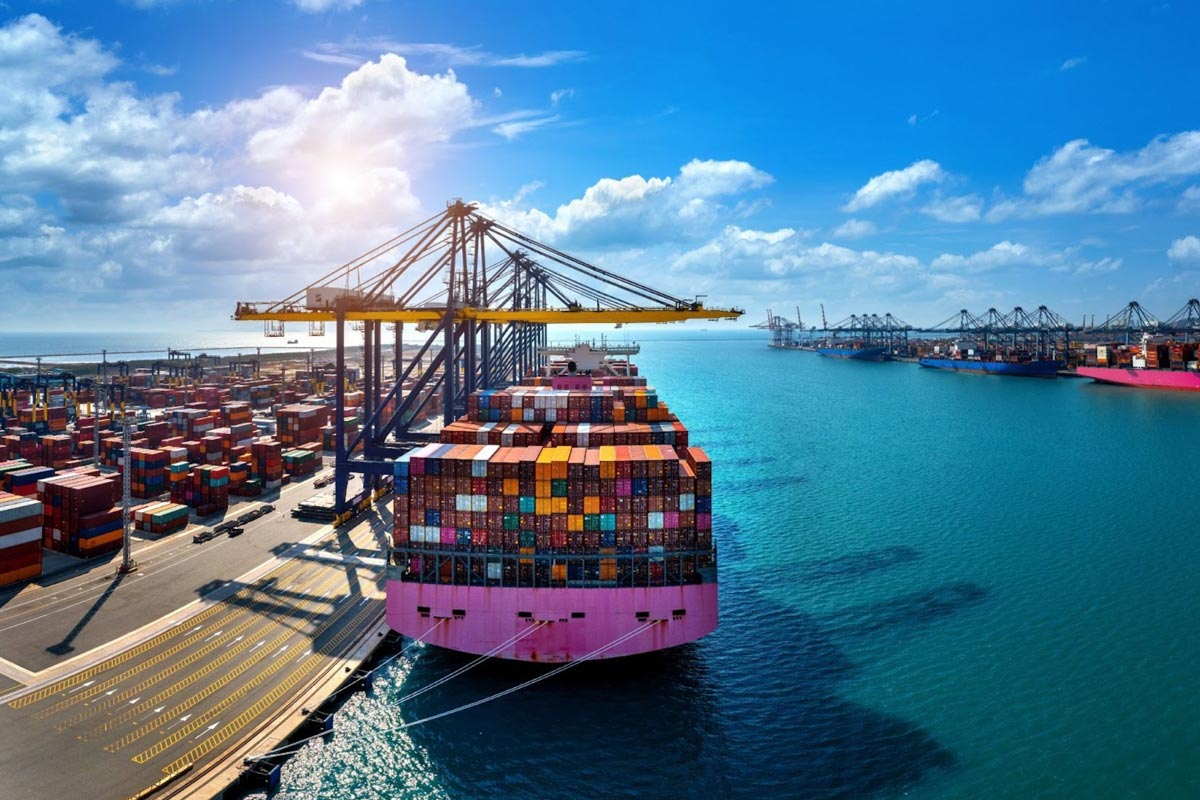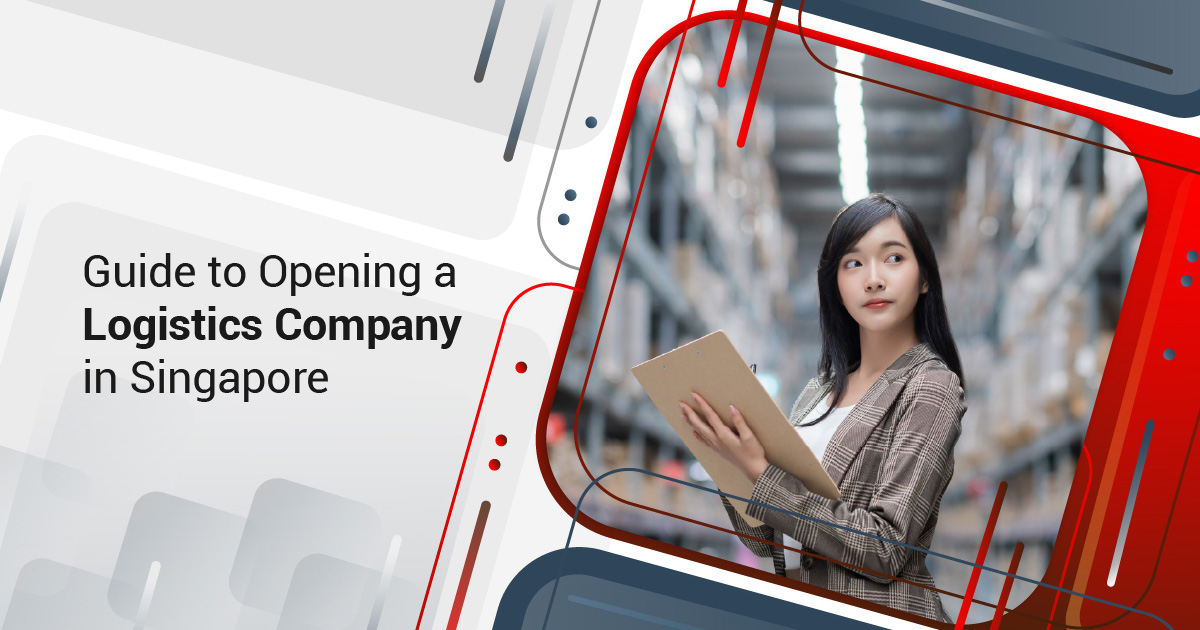Singapore’s position as a premier global logistics hub is no accident. It is the result of strategic government planning, world-class infrastructure, and a pro-business environment that collectively create unparalleled opportunities for logistics companies. For entrepreneurs looking to establish a presence in Asia, opening a logistics company in Singapore offers a strategic gateway to global trade routes and a thriving regional market.
This guide provides a comprehensive overview of the process, from understanding Singapore’s strategic advantages to navigating the essential steps of business registration and licensing. We will explore the critical requirements and offer insights to help you launch and grow a successful logistics operation in one of the world’s most dynamic economies.
Key Takeaways
- Singapore’s strategic location, world-class infrastructure, and pro-business environment make it an ideal base for logistics companies looking to access global trade routes and the thriving Asian market.
- The Port of Singapore, the world’s largest transshipment hub, and Changi Airport, a leading air cargo hub, provide unmatched sea and air connectivity for seamless logistics operations.
- Singapore offers a transparent and efficient company incorporation process, along with government grants, tax incentives, and programmes to support logistics businesses.
- Key steps include choosing a business structure, registering your company, opening a corporate bank account, securing necessary licenses, understanding tax obligations, and planning your workforce.
- Establishing a logistics co mpany in Singapore positions your business at the center of global commerce, leveraging the nation’s unique advantages to drive growth and success.
Why is Singapore a Premier Logistics Hub?
Before delving into the setup process, it is essential to understand the unique advantages that make Singapore a top choice for logistics businesses. The nation consistently ranks as a leading maritime capital and a top-tier air cargo hub, supported by a framework designed for efficiency and growth.
Related Read: Why is the SG+ Twinning Model a Winning Supply Chain Strategy?
World-Class Infrastructure and Connectivity

Singapore’s infrastructure is a cornerstone of its logistics dominance. The Port of Singapore is the world’s largest transhipment hub, connected to over 600 ports in 120 countries. Its advanced container terminals, automated processes, and efficient turnaround times make it a critical node in the global supply chain.
Similarly, Changi Airport is a leading air cargo hub, recognised for its operational excellence and extensive network. The Changi Airfreight Centre operates 24/7 as a free trade zone, allowing for seamless transshipment of goods with minimal customs formalities. This integrated sea and air connectivity provides logistics companies with unmatched flexibility and speed.
Pro-Business Environment and Government Support
The Singapore government actively fosters a business-friendly climate. The process of incorporating a company is efficient and transparent. Furthermore, government agencies like the Economic Development Board (EDB) and Enterprise Singapore offer numerous grants, tax incentives, and programmes to support the growth of the logistics sector. These initiatives are designed to encourage innovation, technology adoption, and workforce development.
Strategic Location and Trade Agreements
Situated at the heart of Southeast Asia, Singapore offers strategic access to a rapidly growing regional market of over 650 million people. The country’s extensive network of Free Trade Agreements (FTAs), including comprehensive pacts like the Gulf Cooperation Council – Singapore Free Trade Agreement (GSFTA) and Regional Comprehensive Economic Partnership (RCEP) reduces trade barriers and lowers costs for businesses operating from Singapore. This makes it an ideal base for companies engaged in international trade and distribution.
How to Start a Logistics Company in Singapore

Opening a logistics company in Singapore involves a structured process of registration, licensing, and compliance. Following these steps ensures your business is established on a solid legal and operational foundation.
Step 1: Choose Your Business Structure and Register Your Company
The first step is to decide on a business structure. The most common choice for serious entrepreneurs is a Private Limited Company (Pte. Ltd.). This structure offers several advantages:
- It is a separate legal entity, which limits the personal liability of its owners.
- It is perceived as more credible and stable by clients and financial institutions.
- It is eligible for tax exemptions and incentives.
To register a Private Limited Company, you must fulfill several requirements:
- Company Name: Choose a unique name that is not already registered with the Accounting and Corporate Regulatory Authority (ACRA).
- Directors: Appoint at least one director who is a local resident of Singapore (a Singapore Citizen, Permanent Resident, or EntrePass holder).
- Shareholders: A minimum of one shareholder is required (can be an individual or a corporate entity). 100% foreign shareholding is permitted.
- Company Secretary: Appoint a qualified company secretary within six months of incorporation.
- Registered Address: Provide a physical local address for your company office.
The entire registration process can be completed online through the ACRA BizFile+ portal, often within a single day once all documents are in order.
Step 2: Open a Corporate Bank Account
Once your company is incorporated, you must open a corporate bank account in Singapore. This is essential for managing your finances, receiving payments, and paying suppliers. Major local and international banks in Singapore offer a range of business accounts. You will typically need to provide your company’s registration documents and details of the company directors and shareholders.
Step 3: Secure the Necessary Logistics Licenses
The type of licenses you need will depend on the specific services your logistics company offers. Operating without the correct licenses can lead to severe penalties.
Common licenses in the logistics sector include:
- Shipping Agent/Company Licence: If your business involves freight forwarding or acting as a shipping agent, you may need a license from the Maritime and Port Authority of Singapore (MPA).
- Customs Broker Licence: To handle customs declarations and clearance on behalf of clients, you must register as a declaring agent with Singapore Customs. This requires passing a competency test.
- Warehousing Licence: If you plan to operate a warehouse, you may need specific licenses depending on the type of goods stored. For example, storing dutiable goods like liquor or tobacco requires a Licensed Warehouse (LW) Scheme license from Singapore Customs.
- Transportation Licenses: If your company owns and operates a fleet of vehicles for delivery, you will need to comply with Land Transport Authority (LTA) regulations for vehicle registration and licensing.
Step 4: Understand Your Tax Obligations and Incentives
Understanding Singapore’s tax system is crucial for financial planning. The headline corporate tax rate is a competitive 17%, but new companies can benefit from significant exemptions.
Key tax considerations include:
- Corporate Income Tax: As mentioned, new start-ups can enjoy substantial tax exemptions on their first S$200,000 of chargeable income for their first three years.
- Goods and Services Tax (GST): You must register for GST if your annual taxable turnover exceeds S$1 million. Voluntary registration may be beneficial if you serve GST-registered clients.
- Tax Incentives: Explore logistics-specific incentives, such as the Maritime Sector Incentive (MSI) scheme, which offers various benefits such as concessionary tax rates and tax exemptions.
Step 5: Plan Your Workforce

Your workforce is a critical asset. As a foreign entrepreneur, you will likely need to hire a mix of local and foreign talent. If you plan to relocate to Singapore to manage your business, you will need to apply for an Employment Pass (EP).
When hiring foreign employees, you must comply with the Ministry of Manpower (MOM) regulations, including meeting salary thresholds and adhering to dependency ratio ceilings (quotas) for S Pass holders. Singapore’s progressive COMPASS framework for EP applications evaluates candidates on a range of individual and firm-related attributes, emphasising the need for a strategic hiring approach.
A Strategic Investment in Global Trade
Opening a logistics company in Singapore is a strategic move that places your business at the nexus of global commerce. The combination of world-class infrastructure, extensive trade connectivity, and a supportive regulatory environment provides a powerful platform for success.
By carefully navigating the incorporation process, securing the appropriate licenses, and planning your tax and workforce strategies, you can build a resilient and competitive logistics enterprise. This will allow you to leverage Singapore’s unique advantages to serve clients across Asia and the world, turning your entrepreneurial vision into a thriving reality.
Our team at InCorp is well-positioned to assist you throughout the entire setup process and beyond for your peace of mind. Contact us to find out how to start!
FAQs about Logistics Company
What is the biggest logistics company in Singapore?
- Some of the biggest industry names are DHL and Schenker.
Can foreign entrepreneurs fully own a logistics company in Singapore?
- Yes, Singapore allows 100% foreign ownership of companies, including logistics businesses. Foreign entrepreneurs can incorporate a Private Limited Company and enjoy the same benefits as local businesses.
How can InCorp help?
- We can assist with incorporation and beyond, including taxation, compliance, and more for your peace of mind.


